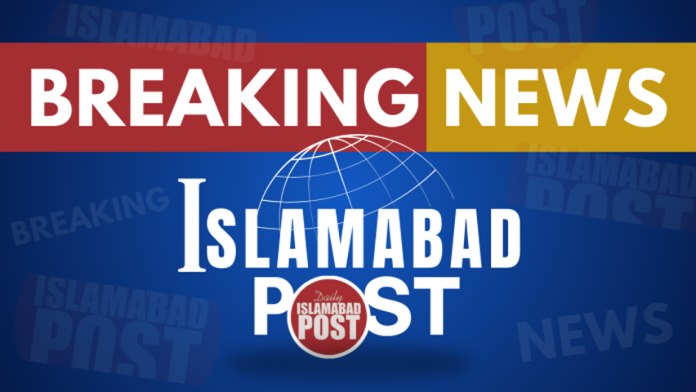ISLAMABAD, FEB 5 (APP/DNA):In January 2025, Algeria took center stage on the global diplomatic scene as it held the presidency of the United Nations Security Council.
Under the guidance of President Abdelmadjid Tebboune, Algeria steered the Council through a crucial period, focusing on pressing global issues with a firm commitment to peace and justice.
According to Algerian Embassy in Pakistan, throughout its month-long presidency, the country demonstrated its leadership by raising pivotal concerns, including the Palestinian cause, the growing threats to the UN Relief and Works Agency (UNRWA), and ongoing conflicts in the Middle East and Africa.
Algeria’s diplomatic push was marked by significant accomplishments, highlighting the nation’s robust approach to international diplomacy. A total of 16 ministerial meetings focused on the Middle East, alongside 9 meetings dedicated to African issues, underscored Algeria’s focus on fostering international cooperation. The country managed 37 open meetings and closed consultations, issuing three presidential statements and four resolutions, all while maintaining a notable 75 hours of meeting time without resorting to the use of veto power.
Perhaps most notably, Algeria’s presidency saw the successful passage of resolutions calling for a permanent ceasefire in Gaza and underscored the country’s advocacy for a two-state solution to the Israeli-Palestinian conflict.
Algeria also rallied the support of 143 countries to formally recognize Palestine as a full UN member state. Additionally, the country took a proactive stance in addressing terrorism in Africa, with President Tebboune playing a pivotal role in mobilizing continental efforts against this growing threat, inspiring collective action to combat the scourge of terrorism.
Through these efforts, Algeria has not only shaped the Security Council’s agenda but also demonstrated its unwavering commitment to peace, justice, and global security.
The UN Security Council, one of the six main organs of the United Nations, is tasked with maintaining international peace and security. It consists of 15 members—five permanent members (China, France, Russia, the United Kingdom, and the United States) with veto power, and ten elected non-permanent members that rotate every two years.
The presidency of the Security Council rotates monthly among its members, with the president holding the responsibility of steering discussions, facilitating decision-making, and ensuring the proper conduct of Council activities.
The presidency plays a vital role in setting the tone of the Council’s deliberations and influencing the direction of key resolutions, as demonstrated by Algeria’s impactful leadership throughout January 2025.

















